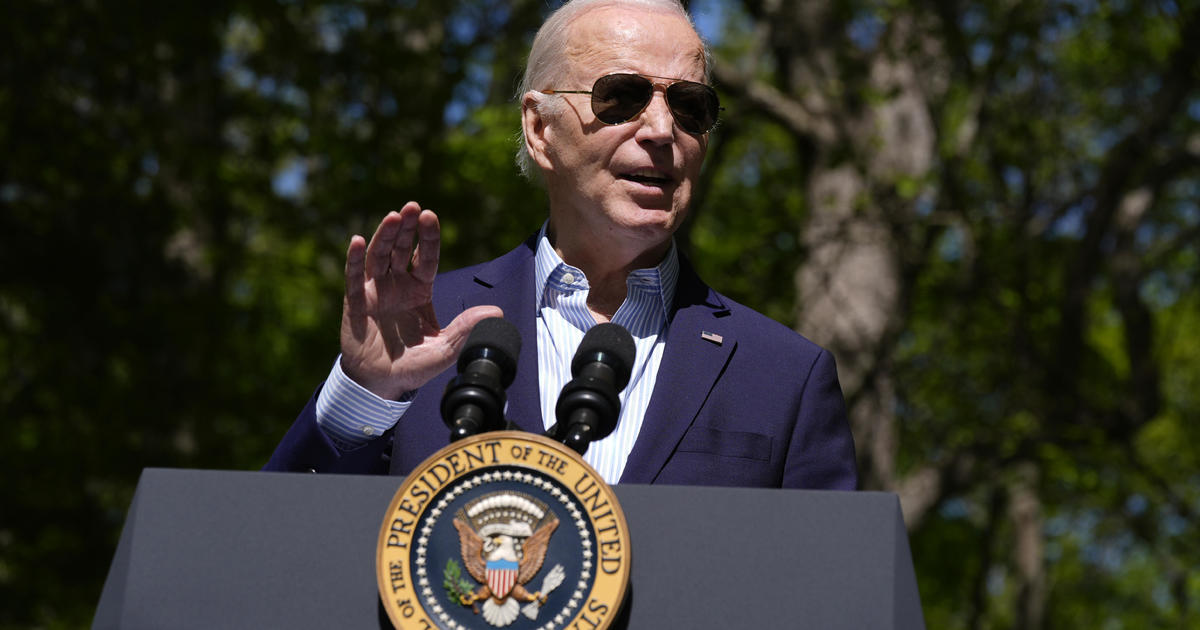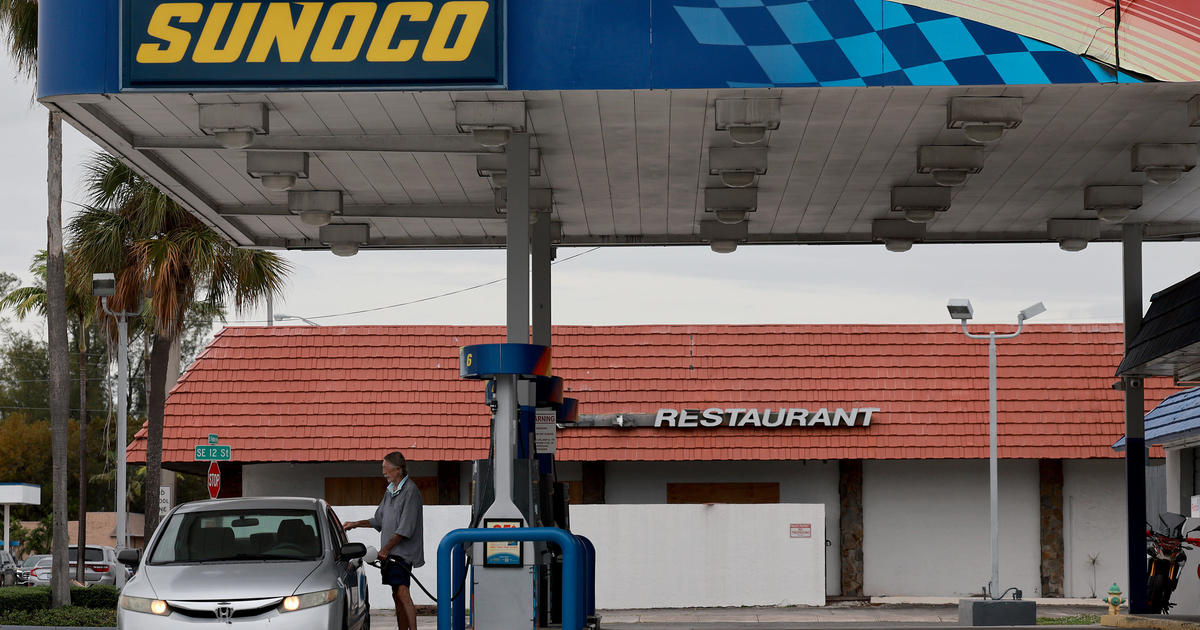A look at the historic fight against racism and injustice, through the eyes of a reporter
"CBS This Morning" Saturday co-host Michelle Miller opens up about witnessing some of the most pivotal moments in the fight for equality, and her own personal history with racism.
Ferguson, Missouri. Sanford, Florida. Charleston, South Carolina — cities that are scarred.
What they've come to represent, say protesters, is police misconduct, inherent bias or outright hatred. Demonstrators say they want change in how black people are perceived.
In Charleston, shame, it seems, moved South Carolinians to bring down a flag that flew high above the cradle of Confederacy and later, other monuments of white supremacy across the South.
Shame moved in weeks what years and decades could not.
The systems that allow police brutality, higher rates of incarceration and arrests, greater disparities in health care, housing and employment for black Americans, are much harder to dismantle. But to do that, say protesters, is to acknowledge the systematic discrimination.
Born into the unrest of the late 1960s, I was raised in South Central Los Angeles, the product of an interracial union that my father celebrated and my mother, to this day, does not acknowledge.
An early lesson for me came from my grandmother. Right or wrong, she warned me to steer clear of police officers.
My father, a doctor at age 22, had placed his hopes in Senator Robert F. Kennedy running for president and campaigned with him, only to rush to his side when an assassin's bullet felled him moments after he won the California primary.
When bussing came to California to right the wrongs of unequal education, that little girl was me. Often, I didn't feel as though I fit in those white suburbs.
My first job out of college was with the Los Angeles Times. Shortly after came the videotaped beating of Rodney King. We all became eyewitnesses then — here was evidence to decades of claims. But the acquittal of four LAPD officers proved society sees something different.
And yet, in that despair was hope, too: in a game of basketball between my neighborhood kids and white police officers on break from patrol.
I saw hope again in New Orleans a few years later, a city with the highest murder rate, watching first as a journalist and then as first lady, the city found a way to root out bad cops, bad policing and cut the overall violent crime rate by more than half.
But one leader's commitment must transfer to the next. As Hurricane Katrina so ardently proved, the disparities still existed.
Through reporting, I have found voices seeking to be agents of change, and in this instant, a movement recognizing that rooting out racism takes a lifelong commitment — an acknowledgment that its cloak of invisibility makes it far harder to recognize by those it does not impact.
Everyone must see in America who she was and who she is, in order to decide who she wants to be.
We are living with the remnants of her original sin. We must face that, and bear witness to the change that won't allow a next time.




